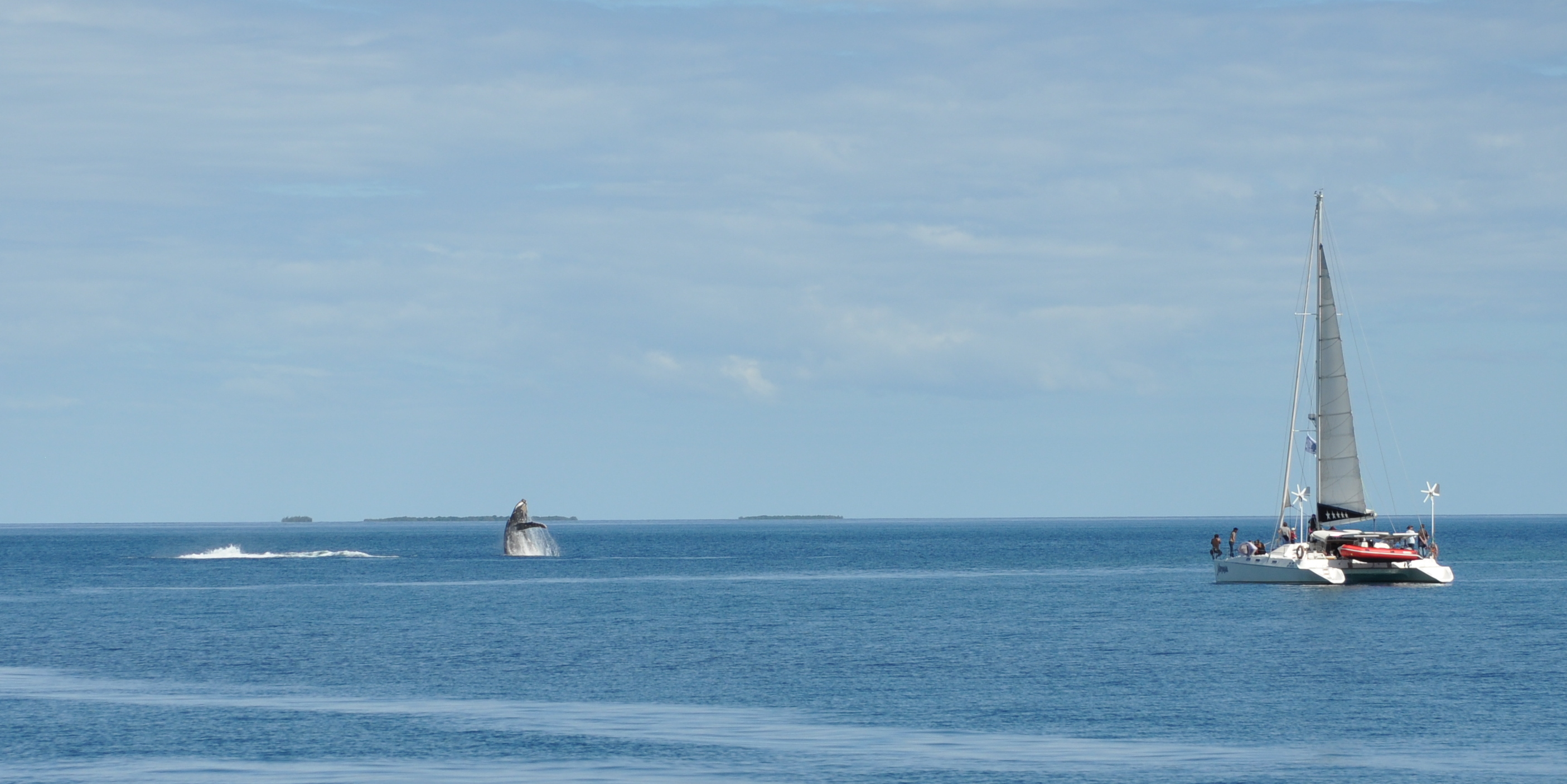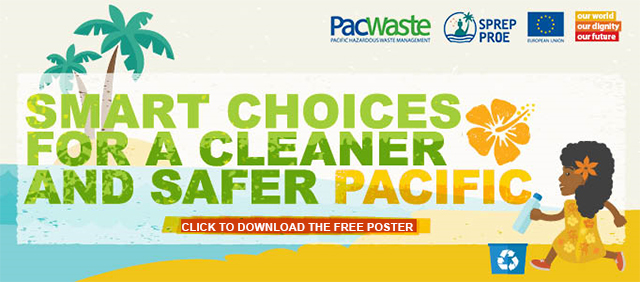You might wonder how could you do as a person to "protect Pacific whales"? Everyone can contribute to whale conservation. It is not only a matter of biologists and scientists; everyone is concerned and can have a positive impact on whale conservation: Our whales, our future!
![]() Ask your questions
Ask your questions
If you have any questions on whales, ask our experts on [email protected].
If the Year of the Whale team can't answer, we will ask one of our expert partners to reply to your question.
![]() How to observe whales responsibly?
How to observe whales responsibly?
SPREP, IFAW and Opérations Cetacés have developed Pacific Regional Guidelines for whale and dolphin watching.
Learn more by reading IWC's General Principles on whale watching.
 Credit-Patrice Plichon
Credit-Patrice Plichon
![]() How to observe whales in French Polynesia ?
How to observe whales in French Polynesia ?
The Environment Service of French Polynesia has developped these whale-watching guidelines.
The Environment Service of French Polynesia and Mata Tohora NGO developed this video on whale-watching.
{youtube}iUXXt6VAwgQ{/youtube}
The NGO Te Mana o Te Moana developped a Guide for observing dolphins and whale in French Polynesia waters: Guide part 1; Guide part 2.
![]() How to observe whales in New Caledonia?
How to observe whales in New Caledonia?
The Environement Service of New Caledonia's Southern Province developed these whale-watching guidelines. New-Caledonia Tourism Offfice made this great video on whale-watching.
{youtube}ZRehWAkFTWc{/youtube}
![]() How you can help in a stranding?
How you can help in a stranding?
SPREP was a partner is the development of this website where you can report any stranding in the Pacific.
If you want to learn more about stranding, click here.
![]() Keep your rubbish out of the ocean!
Keep your rubbish out of the ocean!

Here at SPREP we believe that everybody has an important role to play in protecting the future of our islands. By making smart choices about what we buy, use and throw away we can all be a part of the movement for a cleaner and safer Pacific.
The PacWaste project has developed some tips to help you keep our Pacific clean, and therefore protect our whales. You can learn more on their webpage.
You can download the Smart Choices Poster here.